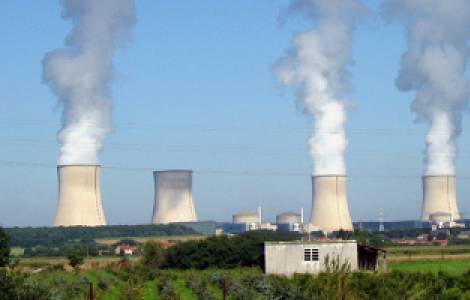
Bataan (Agenzia Fides) - The Philippines will make use of nuclear energy and reactivate the Bataan plant, in the north of Manila: this announcement by Energy Secretary, Alfonso Cusi, who confirmed the willingness of President Rodrigo Duterte, has generated disappointment within the Philippine Church. Also because this position represents a change of course, since only a few days ago Duterte had publicly stated that, under his presidency, he would not have allowed the use of nuclear energy in the country (see Fides 08/11/2016). Now the government has instead given the green light to reactivate the Bataan plant, and "maximum security measures will be respected".
"If this announcement is the President’s last word, we are saddened and disappointed", said Mgr. Ruperto Santos, Bishop of Balanga, the region where the plant is located. "The Church and civil society will oppose any move to rehabilitate the plant. This project is dangerous to public health and will bring death and destruction. It should be remembered that it arises in an area where there is an active volcano", said the Bishop in note sent to Fides. The Church calls on the government to "take into account the life and future of our people and the environment, rather than profit and material savings".
The Bataan plant was built between 1958 and 1986 and never activated. The Philippines, however, have always taken care of the maintenance. The project cost almost three billion dollars and was built by the Westinghouse American company at the time of the dictatorship of Ferdinand Marcos. In 2004, President Gloria Macapagal-Arroyo made public the conversion of the plant projects in a gas-fired plant, but this hypothesis did not take place. Since 2009 the Philippine Parliament has taken into consideration the opening of the plant. Benigno Aquino, former president of the nation, had said that the Philippines would not abandon the option for nuclear energy.
The Philippines must cover domestic energy needs which today, according to the Ministry of Energy, is covered by 67% by natural gas, fossil fuels or alternative sources. In the past, the Philippine government had initiated an incentive program for electricity production from renewable sources. The program aimed at trippling by 2030 the production of energy from "clean" sources (geothermal, wind, solar, biomass, hydro, marine energy), to a share of 50% of the total electricity produced internally. (PA) (Agenzia Fides 15/11/2016)